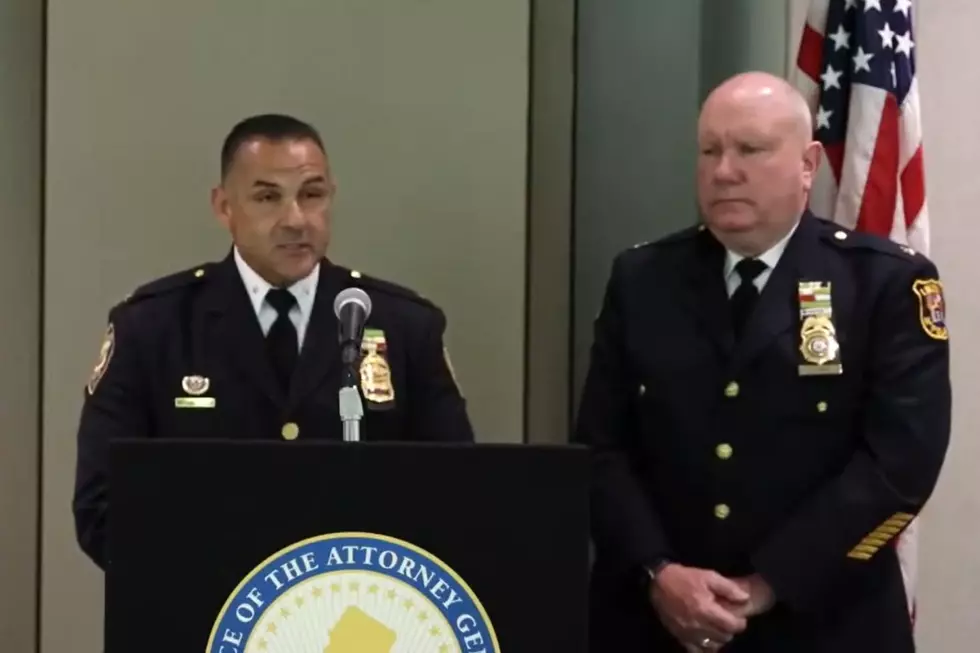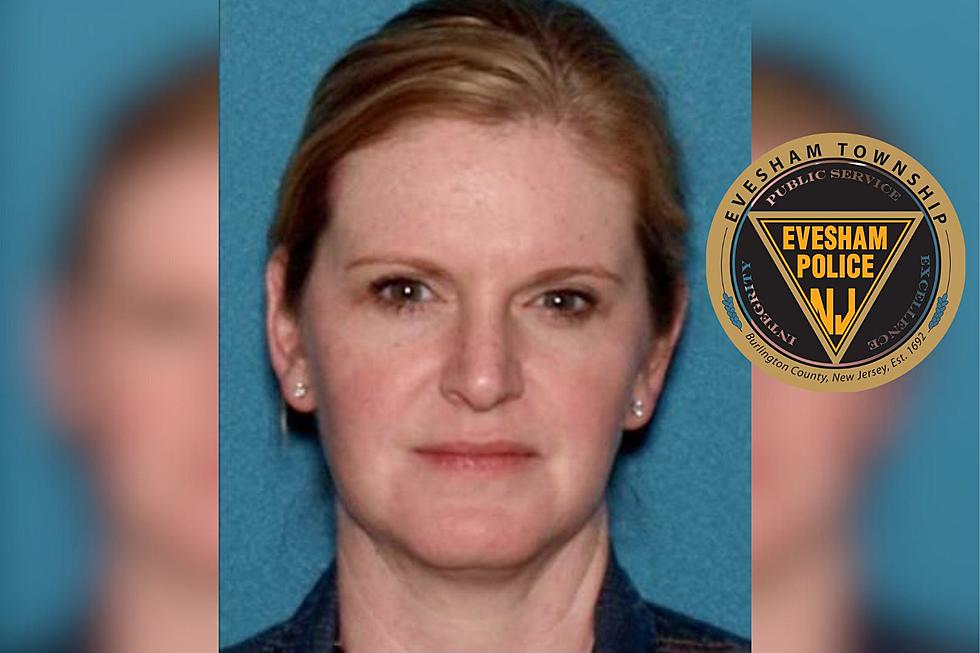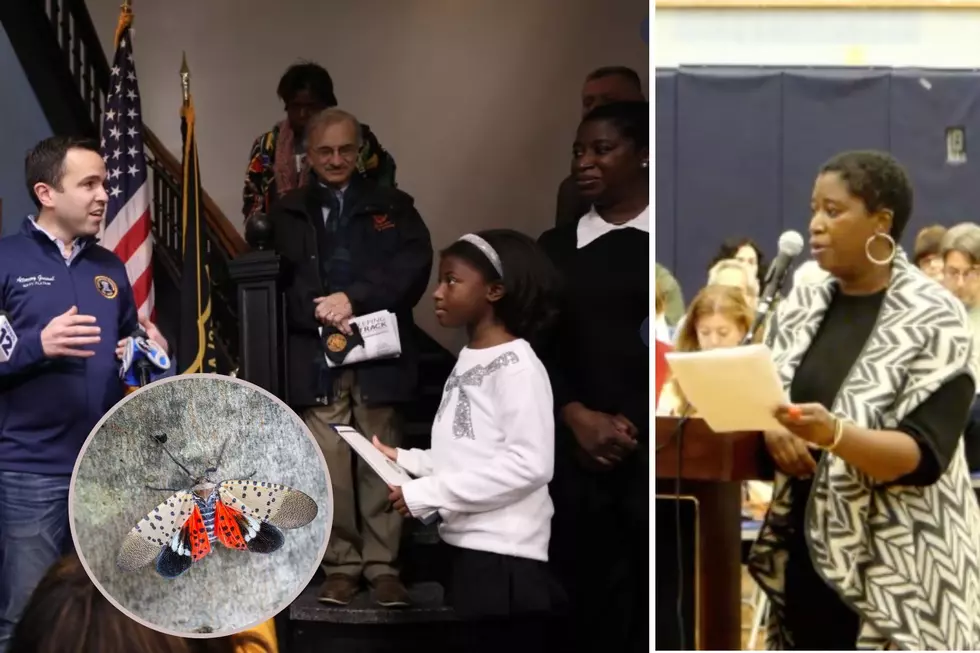
Two more NJ towns add mental health screeners to police response
SCOTCH PLAINS – Mental health screeners will soon join Elizabeth and Linden police officers in responding to 9-1-1 calls for behavioral health crises.
Monday’s announcement, made at the John Stamier Police Academy, marks the expansion of the ARRIVE Together program – short for ‘Alternative Responses to Reduce Instances of Violence & Escalation’ – that the State Police debuted in Cumberland County in December.
“We can provide these services in ways that help keep people safe, that build trust between law enforcement and the community, and ultimately that reduce the likelihood of those worst possible incidents that we're trying to drive down,” said acting Attorney General Matthew Platkin.
Platkin said there have been no uses of force in the calls in Cumberland County where the ‘ARRIVE Together’ approach was used.
“It’s easy to say that there’s been no uses of force, but when you look at the call logs of the types of calls we’re getting through ARRIVE, it’s very easy to imagine how that call could have gone differently,” he said.
A screener from Trinitas Regional Medical Center will travel with plainclothes Elizabeth or Linden police officers in their unmarked vehicle in responding to 9-1-1 calls for mental or behavioral health crises. At the start, there will be two 8-hour shifts per week, alternating between the two police departments.
“We’re confident that ARRIVE will result in faster, safer and more efficient community crisis responses,” said Jim McCreath, vice president of behavioral health at Trinitas Regional Medical Center.
Pamela Jones, chief executive officer of Communities In Cooperation, said the program will also reduce criminal justice costs from recidivism, congested court documents, jail occupancy and civil liability.
“All of us will benefit from this as it relates to public safety,” Jones said. “There will be better quality of lives as a result. There will be many more early interventions that will be made to health treatments that are needed.”
Elizabeth Police Chief Jim Sacca said sometimes people in distress don’t want to see an officer and situations need to be deescalated with civilians.
“Through this program, through the different methods that we’ll be using, the different levels of clothing and tactics, we’re also hoping to create something that could possible change policing again for the future,” Sacca said.
“The objective is to treat our mentally impacted citizens with the compassion and the respect that they deserve, which we hope results in a good outcome,” said James Tansey, the Union County first assistant prosecutor. “But also to ensure the safety of our law enforcement personnel.”

Platkin said he hopes the program is eventually deployed statewide.
Michael Symons is the Statehouse bureau chief for New Jersey 101.5. You can reach him at michael.symons@townsquaremedia.com
Click here to contact an editor about feedback or a correction for this story.
Netflix’s Most Popular English-Language TV Shows Ever
Nasty NJ town nicknames — Have you heard of them?
More From SoJO 104.9 FM










